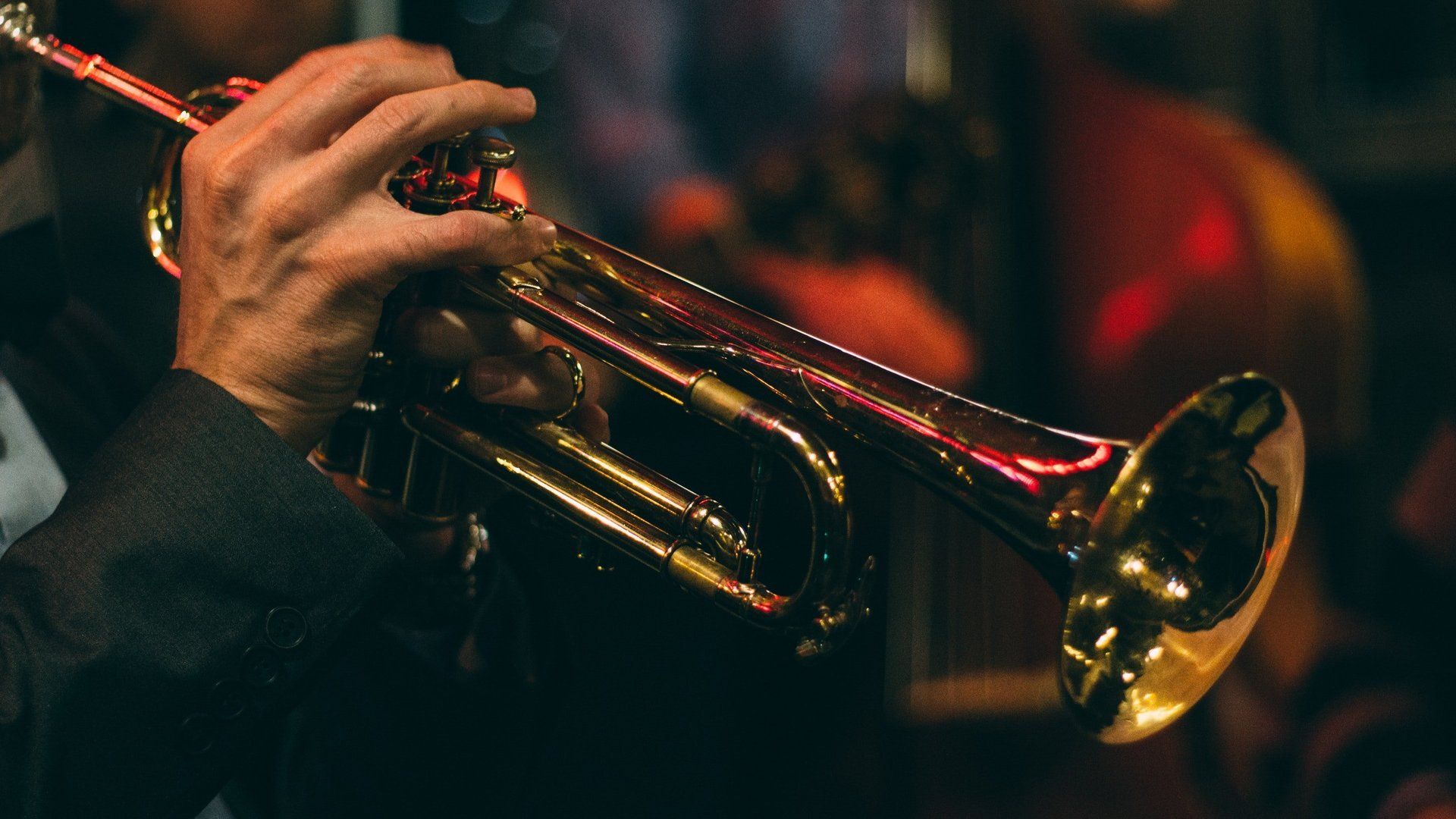Jazz Music Composition by HG Nadel Smith
- By Melvin L. Parker
- •
- 29 Jan, 2018
- •

Jazz music composition is the work of expert musicians with the ability to write, and create about the most memorable subject matter. What is more, Jazz music Composition is a course included in colleges and universities who deem it a valued subject to study. Composing Jazz music requires the theory of constructing chords that are altered or substitute that would fit within the rules of thumb of composition.
Meaning, experimentation is fine given that you know how to actually be fitted into the musical shocks in the piece in a way to not disrupt the flow. It is mandatory to look after the essence of Jazz music a component of you when creating, and keep all considerations to restrict creative imagination out of your head. The purpose of Jazz music composition is to create what you feel about any subject into the reasonable of your musical work. To find your way into the making of Jazz music composition you should observe the ability of basic theory in ear training, notes on various instruments, key signatures, scales, chords, intervals, counterpoint, harmony, melody, music terminology, clefs, meters and time signatures, transposing of various instruments, and music reading.
Being attentive to Jazz music from various artists will present you with a feel for the sort of composition you will need to create. You can begin with music arranging which is recreating an old song with new ideas. For example, it has been done over and over by professional musicians to use a public domain song, or ask permission to use a particular song. One example is Chaka Khan's "The End Of A Love Affair" written for Billie Holiday by Edward C. Redding in an arrangement that fit Chaka Khan. There are many versions of Jazz standards like "They Can't Take That Away From Me", "Misty", and "Stormy Weather" by different people who desired to either keep the elementary structure or interpret the song in their own personal special way. The basic rules to composing a Jazz Composition are to make a subject matter and plan the music around it.
Meaning, as in basic songwriting structure you will require a beginning, middle, bridge, and ending. The order is invariably up to the person(s )creating the music. You can start with the themes most frequent in notated Jazz and Blues sheet music or fake book forms. In addition, use the standard theory structure you find on sheet music as a format, but use your own personal ideas. In arranging, you can examine the standard format, and embellish on areas you think needs it. The direction one can go in music arrangement is infinite in keeping with the history of how each style of jazz music was created.
HG Nadel Smith suggests that when making Jazz music composition one must continue to remember the essential element present in all true Jazz music which is improvisation. Jazz Improvisation is not notated in any shape, way, or form. As a matter of fact, the improvisation in Jazz composition is invented by pure emotion of the musician moved by the accompaniment. Improvisation in Jazz composition can be in the beginning, the bridge and also at the end of the piece. Most frequently there is embellishment in the heart of the piece, but it all depends on the mood of the creator of the music.
Once you learn the theory behind Jazz music composition, you can discover the shortcuts on creating. For example, lead sheets ordinarily have the Jazz chord symbol above the melody underneath it as an elementary structure to follow. When all is said and done, you will have made your own personal masterpiece as a gift to the world from your heart.
HG Nadel Smith is an artist, musician, music producer and composer. She shares crucial information on music and related topics.
Also read here: Legendary Classical Music Composers